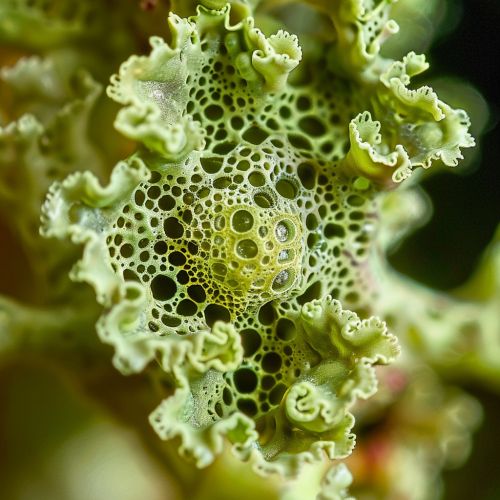Sporophyte
Overview
The sporophyte is one of the two alternating phases in the life cycle of plants and algae, known as alternation of generations. The sporophyte stage is the diploid, or 2n, phase. This phase produces spores (haploid, or n, cells) that grow into the gametophyte, which is the other phase in the life cycle.


Characteristics
Sporophytes are typically larger and more complex than gametophytes. They have a full complement of chromosomes (2n) and can grow in a variety of environments. Sporophytes of seed plants, the dominant form of plant life on Earth, are what most people typically think of as plants. They include trees, bushes, grasses, and ferns.
Life Cycle
In the life cycle of a plant, the sporophyte phase begins with fertilization. A sperm cell from the gametophyte phase fertilizes an egg cell, forming a zygote. This zygote then grows into the sporophyte. The sporophyte produces spores through a process called meiosis. These spores grow into new gametophytes, and the cycle continues.
Spore Production
Sporophytes produce spores in structures called sporangia. Inside these sporangia, cells undergo meiosis to produce haploid spores. These spores are then released and can grow into new gametophytes. The process of spore production and release is a key aspect of the sporophyte phase.
Role in Plant Reproduction
The sporophyte plays a crucial role in plant reproduction. It is responsible for producing the spores that will become the next generation of plants. In addition, the sporophyte often provides protection and nutrients for the developing spores.
Evolution
The evolution of the sporophyte phase has been a key factor in the success of plants on Earth. The development of a diploid sporophyte phase allowed plants to grow larger and more complex, enabling them to colonize a wider range of environments.
